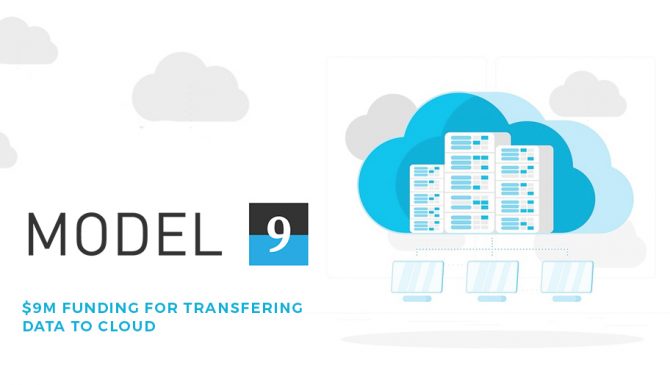Model9 announced Tuesday, Feb. 12, its $9 million Series A funding led by investors StageOne, North First Ventures, and Glenrock Israel.
The company nabs the investment after figuring out a way to transfer massive data from mainframe computers to the cloud storage. Model9 took its time to solve how massive transactions from computers and stalwart machines can be moved to safer storage.
Even today, some of the largest companies in the world still use mainframes to store data. While it is still effective, getting valuable data from stalwart machines for more modern analytics is quite a struggle.

Model9 has attempted to solve the issue before launching a patented system to transfer the data to the cloud.
“Mainframe data is locked behind proprietary storage that is inaccessible to anything that’s happening in the evolving, fast-moving technology world in the cloud. And this is where we come in with patented technology that enables mainframes to read and write data directly to the cloud or any non-mainframe distributed storage system,” said Model9 CEO Gil Peleg.
These technologies will likely help insurance companies, airlines, and retailers not only simplifying data storage but also keeping data safe. Additionally, the system also helps to recover the system and eliminate the need for expensive tape backups.
Model9’s solution works perfectly with Amazon Web Services, Google Cloud Platform, Microsoft Azure, and IBM cloud solution. The data can be move to the cloud where business owners can apply modern analytics, which is unavailable for the mainframe storage.
In addition to cloud systems, the patented technology of Model9 can also work with on-prem storage solutions like Nutanix, NetApp, Hitatchi, and EMC. For this, customers have the freedom to choose between private or public cloud providers.
Given the new funding, Model9 said it would accelerate the market adoption of data management and business intelligence solutions. Customers can back up their business-critical data in the cloud and reap benefits from hybrid technologies.
Peleg also mentioned that “Ideally, our customers will deploy a hybrid cloud topology and benefit from both worlds. The mainframe keeps doing what it should do as a reliable, secure, trusted machine, and the cloud can manage the scale and the rapidly growing amount of data and provide the new modern technologies for disaster recovery, data management and analytics.”
Mainframes are used by companies for core computing capabilities. IBM estimates that 92 of the world’s top 100 banks still use mainframes.
















